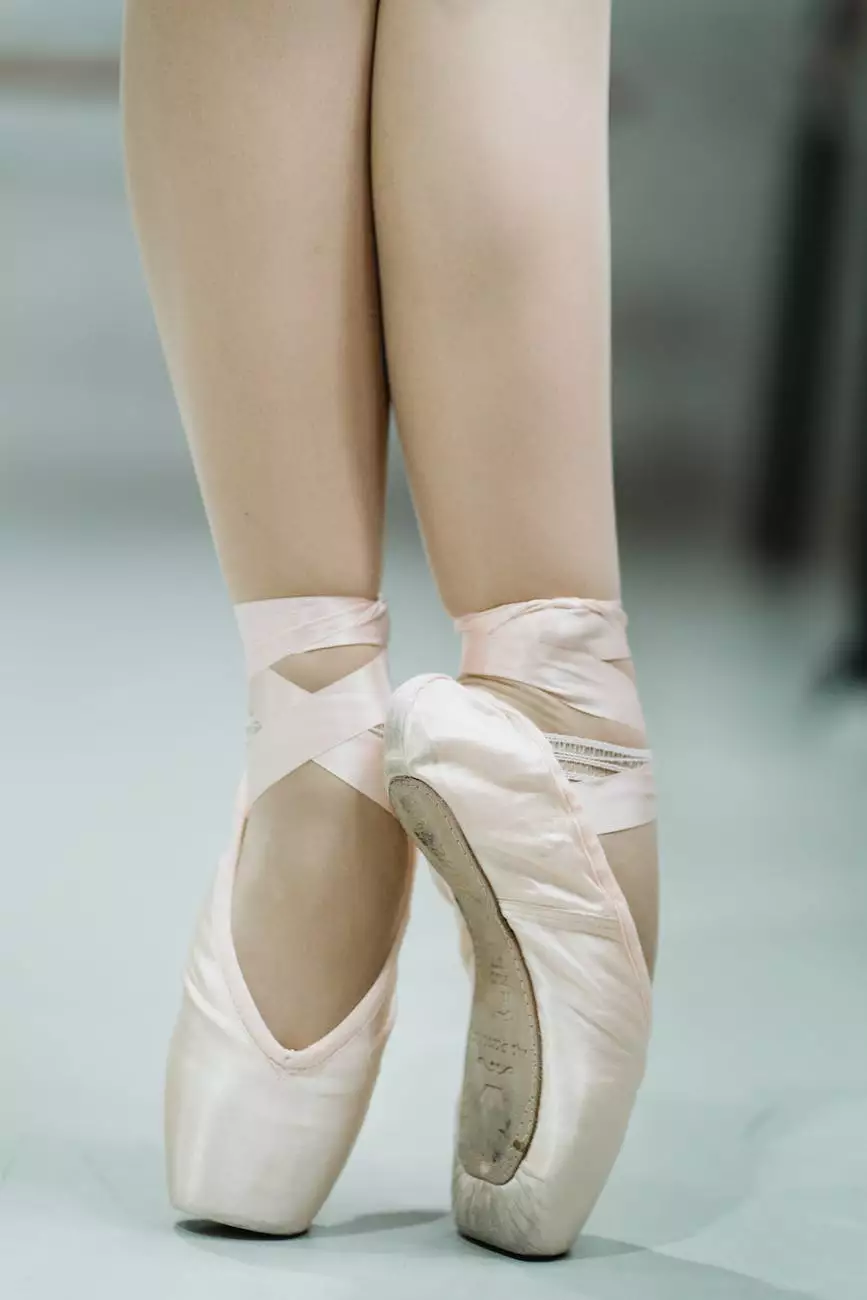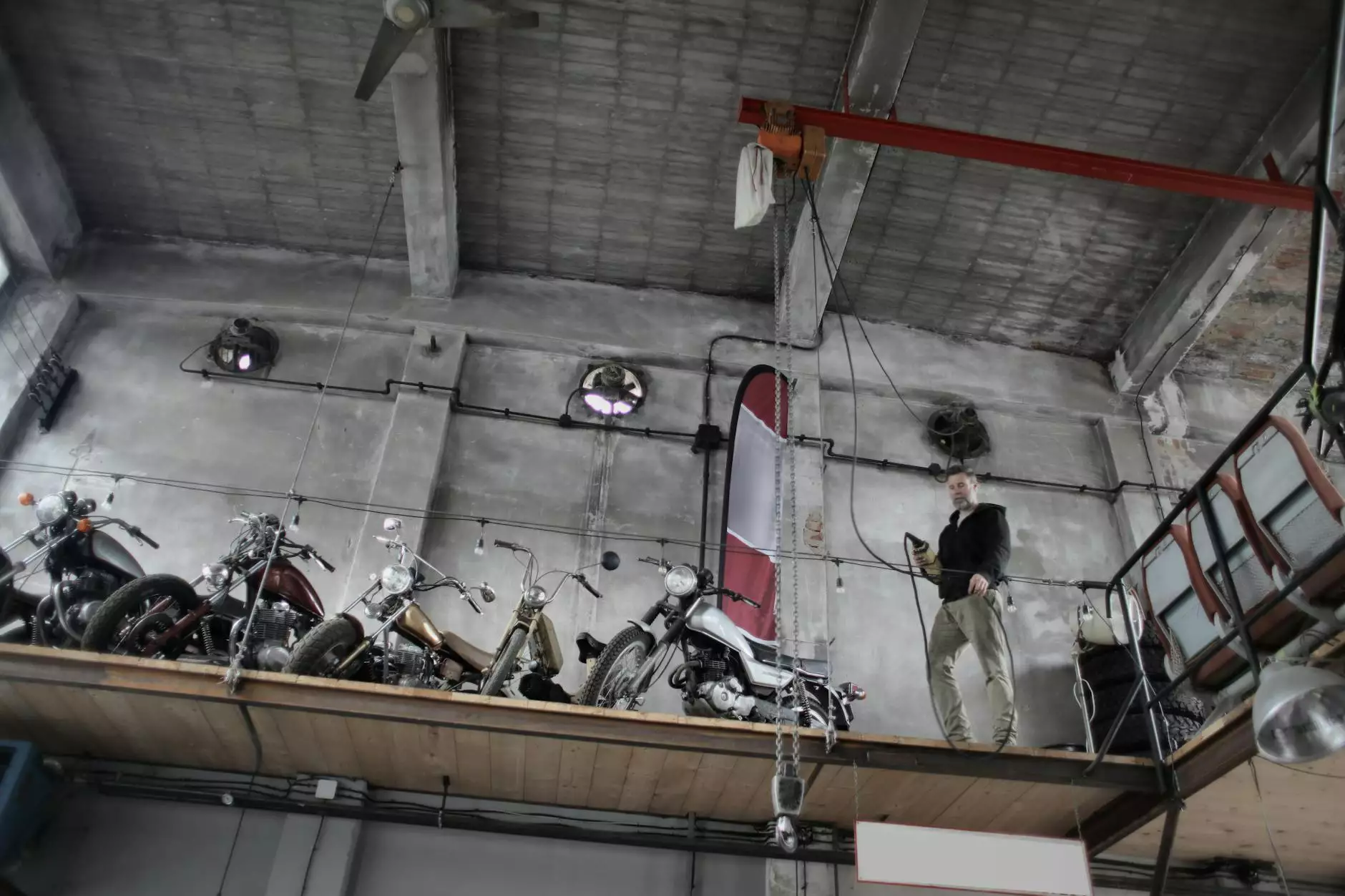A Divided World: Achieving Economic Freedom in the USA

Introduction
The pursuit of economic freedom is essential for individuals, communities, and nations to prosper. In the United States, this pursuit is fueled by a rich diversity of industries and initiatives. Among them, social clubs, performing arts, and cultural centers play a pivotal role in fostering an environment conducive to economic growth.
Social Clubs: Uniting People and Boosting Businesses
Social clubs provide a platform for people with common interests to come together, establish connections, and collaborate. These clubs encourage networking among professionals, entrepreneurs, and individuals from varied backgrounds, ultimately leading to enhanced business opportunities. By fostering a sense of belonging and promoting camaraderie, social clubs enable members to exchange ideas, share experiences, and learn from one another.
In today's fast-paced business world, social clubs serve as incubators for innovation and collaboration. They create spaces for individuals to engage in knowledge-sharing, skill development, and brainstorming sessions. The diverse perspectives and expertise within these clubs open doors to new partnerships and ventures, contributing to economic growth.
Performing Arts: Cultivating Creativity and Economic Prosperity
The performing arts hold immense potential for nurturing creativity and driving economic prosperity. From theater and dance to music and opera, the performing arts inspire imagination, foster critical thinking, and offer a unique form of entertainment that transcends boundaries.
By supporting local talent, investing in artistic productions, and organizing cultural events, performing arts establishments positively impact the economy. These centers attract tourists and visitors, generating revenue and supporting local businesses such as hotels, restaurants, and transportation services. Additionally, they provide employment opportunities for artists, performers, technicians, and administrative staff, contributing to job creation and economic stability.
Cultural Centers: Preserving Heritage, Embracing Diversity
Cultural centers are vital in preserving heritage, promoting cultural understanding, and celebrating diversity. These centers serve as educational hubs, providing valuable insights into different cultures, traditions, and artistic expressions. By offering workshops, exhibitions, and performances, they foster cross-cultural appreciation and dialogue.
Moreover, cultural centers contribute to economic vitality by boosting tourism and attracting visitors from around the world. They showcase unique artifacts, host cultural festivals, and support local artisans, ensuring the preservation of traditional craftsmanship. The economic impact of cultural centers extends beyond tourism, as they often serve as catalysts for community development and urban revitalization.
How Social Clubs, Performing Arts, and Cultural Centers Promote Economic Freedom
1. Stimulating Local Economies:
- Social clubs, performing arts organizations, and cultural centers create a demand for goods and services, stimulating economic activity at local levels.
- They attract visitors, bolster tourism, and generate revenue for local businesses.
- The cultural experiences they offer contribute to the vibrant atmosphere of a community, making it an attractive place to live and work.
2. Encouraging Entrepreneurship:
- Networking opportunities provided by social clubs inspire entrepreneurship, fostering the creation of start-ups and innovative ventures.
- Performing arts centers often support emerging artists and creative entrepreneurs, providing them with a platform to showcase their talents and gain recognition.
- Cultural centers encourage the growth of local creative industries, promoting economic diversification and reducing dependence on traditional sectors.
3. Enhancing Workforce Skills:
- Through workshops, training programs, and mentorship initiatives, social clubs and cultural centers enhance the skills and competencies of individuals
- Performing arts establishments contribute to the development of soft skills, such as communication, teamwork, and problem-solving.
- These enhanced skills make individuals more employable and contribute to a more productive and innovative workforce.
Conclusion
Economic freedom in the USA is achieved through a comprehensive approach that involves multiple sectors and initiatives. Social clubs, performing arts organizations, and cultural centers play an indispensable role in driving economic growth, fostering entrepreneurship, and nurturing a diverse and skilled workforce.
By embracing the power of social connections, artistic expression, and cultural preservation, we can pave the way for a brighter future, where economic freedom thrives and individuals can maximize their potential.
economic freedom usa









